
Harvard drug policy experts say in an opinion piece in JAMA that a drug affordability commission might be one of several ways that the new administration deals with prescription drug prices.

Harvard drug policy experts say in an opinion piece in JAMA that a drug affordability commission might be one of several ways that the new administration deals with prescription drug prices.

Young and middle-aged adults ages 25- to 64-years old in the U.S. have been dying at higher rates since 2010, according to a new report from the National Academies of Sciences, Engineering, and Medicine.

Results from research analyzing data of females with multiple sclerosis (MS) who became pregnant, and the impact of adherence to their disease-modifying therapies (DMTs) on hospital utilization and cost, were recently released by AllianceRx Walgreens Prime.

The value-based model hasn't produced cost savings and is not likely "to make the cut" to become permanent, says Kavita Patel, a former top healthcare official in the Obama administration.

More than one out of every 10 seniors enrolled in a Medicare Advantage plan and living in a rural area switched to traditional Medicare in the last few years, prior to the pandemic. The switch was driven primarily due to low satisfaction with care access, according to a study recently published in Health Affairs from researchers at Drexel University’s Dornsife School of Public Health.

As the world remains to try and reach a normal with vaccines finding their way into people’s arms, the insurance industry is trying to do the same by this spring.

Injectables are driving the growth because they can be taken less frequently and adherence is a problem with oral medications.

Health organizations that had RPM solutions in place pre-pandemic have been more successful at scaling up than organizations that were starting from scratch during the pandemic.
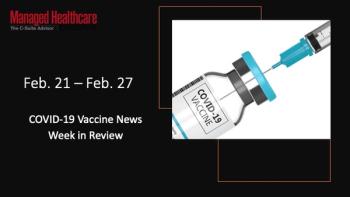

Though value-based care is a critically important topic today, the question of—and obsession with—healthcare value goes back more than half a century.

Following the unanimous endorsement from an FDA panel, it will be shocking if the single-dose vaccine doesn't get an EUA.

Data sharing in healthcare has unlocked more potential to use information and analytics to work toward addressing disparities and achieving health equity in care.

A New York Times analysis of federal data shows that deaths declined by 65% between late December and early February.
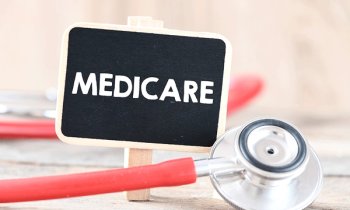
Recent GoHealth survey suggests many Medicare enrollees, especially older Americans, could be leaving valuable services and cost savings on the table.

National Lawyers’ Committee files joint amicus brief to oppose discriminatory employment policies encouraged by HHS.

Israeli study shows good results for just a single dose of Pfizer-BioNTech; Moderna has made a version to combat the South African variant; and J&J's single-dose vaccine seems headed for an EUA.

Dark skin is significantly underrepresented in medical literature and curricula, comprising an average of just 4.5% of images in medical textbooks. In response, clinicians of all licensures and specialties are often insufficiently trained to recognize disease patterns in patients of color. To confront this issue, Project IMPACT was created to raise awareness and adoption of educational and clinical resources and solutions that strengthen clinicians’ ability to accurately diagnose disease in black and brown skin and improve health equity.

In this week's episode of Tuning In to the C-Suite podcast, MHE's Briana Contreras spoke with Dr. Rob Kowal, chief medical officer of the Cardiac Rhythm and Heart Failure division at Medtronic. The two discussed how remote monitoring and IoT is changing healthcare and how remote technology is also gaining a wide-spread adoption to monitor patients at home who have chronic conditions like heart failure, chronic obstructive pulmonary disease and diabetes.

The FDA approved the use of Entresto in a broader group of heart failure patients that includes a large percentage of those with preserved ejection fraction.

The technology infrastructure of many health plans today could be described as costly, fragmented and siloed. Rather than focusing on the customer experience, growth and transformation, these plans are responding reactively to business needs and market shifts.
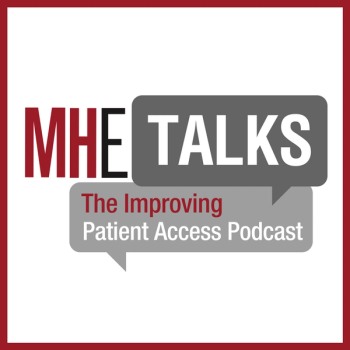
In this latest episode of MHE Talks: Improving Patient Access podcast, Dennis Bourdette, M.D., professor emeritus of neurology in the School of Medicine at the Oregon Health & Science University, spoke with Peter Wehrwein, senior editor of MHE. Bourdette, a nationally recognized expert on multiple sclerosis, discussed step therapy, tiers, insurance approvals and the need for greater communication between physicians and insurers.

Democrats will need to commit to campaign promises to make the Affordable Care Act (ACA) marketplace coverage more affordable since winning control of the Senate.

At 5:28 p.m. EST, the Johns Hopkins Coronavirus Resource Center shows a cumulative U.S. death total of 500,071.
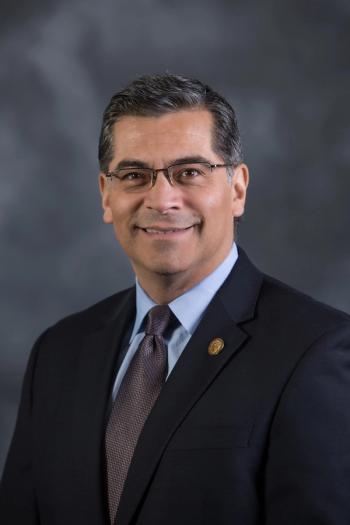
American Heart Association comments on President Biden’s nomination for Secretary of Health and Human Services, Xavier Beccera, who will appear in a hearing before the Senate Committee on Health, Education, Labor and Pensions and the Senate Committee on Finance on February 23.

February is American Heart Month and the perfect time to think about our cardiovascular health. Cardiovascular diseases are those that affect the heart and blood vessels and include stroke, coronary artery disease (CAD), heart failure, and other poor heart and vascular health outcomes.

For several years, the Association of American Medical Colleges (AAMC) has presented data showing that the United States faces a shortage of physicians in almost every specialty. In June 2020, the association issued its sixth annual report on the shortage, predicting that in just over a decade, the U.S. healthcare system would face a shortage of between 54,100 and 139,000 physicians in primary and specialty care.

Application to the FDA is based on results from a placebo-controlled trial showing a 15% decrease in body weight among those who are obese or overweight.

Connecting physical and mental health delivers better engagement, outcomes, and lowers costs.
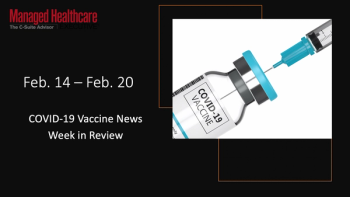

The Covid-19 pandemic remains to leave challenges on our economies, well-beings and more. After a year of battling rising Covid-19 cases, other behavioral epidemics such as the tobacco, obesity and mental health epidemic seem to be sky-rocketing.